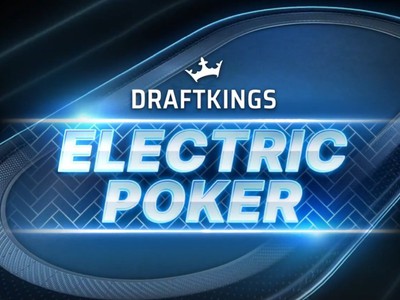Vermont is one step closer to becoming the 38th US state — and the sixth and final one in New England — with legal sports betting after the state Senate gave legislation authorizing the vertical a second reading on Wednesday.
A third and final reading of H.127 is scheduled for Thursday. The bill will likely clear the Senate floor, considering it has already been read twice, and three Senate committees have backed the legislation.
If it wins final passage in the Senate, H.127 would then be sent back to the House for concurrence or referral to a conference committee — the Senate tacked on several amendments since first receiving the bill from the House on March 24.
Republican Governor Phil Scott is expected to sign the bill because revenue from sports betting was included in the executive budget recommendations for FY 2024 he submitted to the General Assembly on January 20. Scott projected that the state would receive $2.6 million over the year.
The General Assembly adjourns on May 12.
What the Bill Proposes
Under H.127, the state’s Department of Liquor and Lottery (DLL) would serve as the regulator and establish minimum standards for sports betting. The DLL would be authorized to issue at least two licenses to mobile operators but not more than six.
Rather than tax operators directly, H.127 instructs the DLL to negotiate revenue-sharing agreements with them instead. But the bill would require the state’s share to be at least 20%.
Operators must submit a responsible gaming plan that includes information on posting responsible gaming materials, among other things, to the DLL annually. The gaming plans would be subject to an independent review by a third party approved by the regulator at least once every five years.
Additionally, the DLL would be required to submit an annual report, on or before January 15, to the General Assembly on the impact of sports betting on problem gambling in Vermont.
H.127 also includes verbiage prohibiting betting on in-state collegiate teams but would allow such wagering for tournament play, such as March Madness.
The bill would also establish responsible gaming standards and a Responsible Gaming Special Fund, which the state Department of Mental Health would use for services related to problem gambling. At least 2.5% of annual sports betting revenue, but not less than $250,000, would be credited to the fund annually.
Senate Attached Many Amendments
The legislation won support from three Senate panels — the Economic Development, Housing, and General Affairs Committee, the Finance Committee, and the Committee on Appropriations. But all three committees attached amendments to the bill.
Senate records show the Economic Development panel proposed a ban on sports betting advertisements, logos, trademarks, or brands on products intended for persons under 21 years of age. The committee also wants operators to adopt strategies to limit such advertising toward those under 21.
The Economic Development Committee also proposed increasing annual operator fees based on the number of operators. Under the amendment, a license would cost $412,500 per operator if there were two in the market or $320,833 per operator if there were six. It also proposed giving 5% of sports betting revenue to the Responsible Gaming Special Fund.
Meanwhile, the Senate Finance Committee called for operators to pay an annual fee of $550,000. It was unclear which fee structure would be included in the final version of H.127.
An amendment by the Senate Committee on Appropriations calls for $250,000 to be appropriated from the Sports Wagering Fund in FY 2024 to help the Department of Mental Health establish and administer a problem gambling program. An additional $100,000 would go to the Agency of Digital Services, which is tasked with establishing a self-exclusion program.
H.127 does not mention a launch date for sports betting, but it would likely be January 1, 2024.









